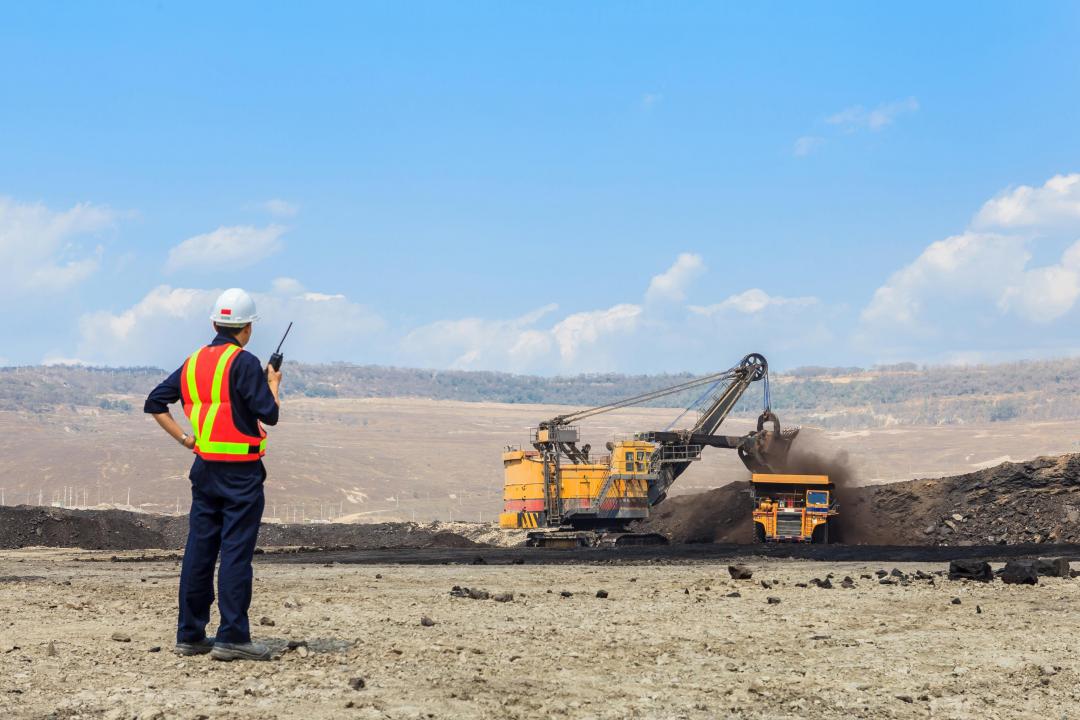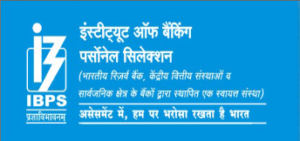Table of Contents
Introduction
Mining engineering is a fascinating and rewarding career path that involves the extraction and processing of minerals and ores from the earth’s crust. Mining engineers play a crucial role in ensuring the efficient and safe extraction of natural resources, contributing significantly to the nation’s economic growth. If you are passionate about geology, engineering, and making a positive impact on society, becoming a mining engineer in India might be the perfect career choice for you.
Understanding the Role of a Mining Engineer
Mining engineers are responsible for designing and supervising the extraction of minerals and ores from the ground while minimizing environmental impacts. They work closely with geologists and other professionals to determine the most suitable methods for mining operations. Additionally, mining engineers are involved in planning and executing mining projects, ensuring safety standards, and optimizing production processes.
Educational Requirements for Mining Engineers
High School Education
The journey to becoming a mining engineer begins in high school. Students aspiring to pursue this career should focus on subjects like physics, chemistry, mathematics, and computer science to build a strong foundation for their future engineering studies.
Bachelor’s Degree in Mining Engineering
After completing high school, aspiring mining engineers should enroll in a Bachelor’s degree program in Mining Engineering. This comprehensive four-year program equips students with essential knowledge and practical skills required in the field of mining.
Master’s Degree (Optional)
While not mandatory, pursuing a Master’s degree in Mining Engineering can open doors to more advanced and specialized roles in the industry. Some universities in India offer postgraduate programs focusing on specific areas of mining engineering.
Specializations in Mining Engineering
Mining engineering offers various specializations to cater to different interests and career goals. Some of the popular specializations include:
Surface Mining
Surface mining focuses on extracting minerals and ores from the surface of the earth. It involves open-pit mining and is commonly used for coal, copper, and iron ore extraction.
Underground Mining
Underground mining involves accessing minerals and ores through tunnels and shafts. It is used for deposits found deep below the surface, such as gold, silver, and diamond.
Rock Mechanics
Rock mechanics is the study of rock behavior and properties to ensure the stability of mining structures and prevent collapses.
Geotechnical Engineering
Geotechnical engineering deals with the engineering behavior of earth materials, including soil and rocks, to assess their impact on mining operations.
Mineral Processing
Mineral processing focuses on extracting valuable minerals from raw ores through various processes like crushing, grinding, and flotation.
Internships and Work Experience
Securing internships with mining companies during your academic years can provide valuable hands-on experience and networking opportunities. Practical exposure in the mining industry is highly beneficial for aspiring mining engineers.
Skill Development for Mining Engineers
Apart from formal education, mining engineers need to develop a diverse set of skills to excel in their careers:
Technical Skills
Mining engineers should have a strong grasp of engineering principles, mining equipment, and technology used in the industry.
Problem-Solving Skills
Mining engineers face various challenges, and problem-solving skills are crucial to overcome them efficiently.
Communication Skills
Effective communication is essential, as mining engineers often collaborate with diverse teams and stakeholders.
Leadership and Management Skills
As mining projects progress, engineers may find themselves in leadership roles, requiring excellent management skills.
Mining Engineer Licensure and Certification
To practice as a mining engineer in India, obtaining the necessary licensure and certifications is vital. Two prominent institutions offering certifications are:
Indian Institute of Mining, Metallurgy, and Materials (IIMMM)
The IIMMM provides professional certifications that are widely recognized in the mining industry.
The Mining Engineers’ Association of India (MEAI)
MEAI offers various certification programs and is a reputable organization in the field of mining engineering.
Job Opportunities for Mining Engineers
Mining engineers can explore diverse job opportunities in India:
Mining Companies
Large mining companies offer positions ranging from mining site management to research and development.
Government Sector
Government agencies often hire mining engineers for roles related to resource management and environmental regulations.
Research and Academia
Mining engineers can pursue research and academic careers in universities and research institutes.
Career Progression and Advancement
Mining engineers can advance their careers by taking up higher responsibilities, working on larger projects, and gaining expertise in specific areas of mining.
Challenges and Opportunities in the Mining Industry
The mining industry faces challenges related to environmental sustainability, safety concerns, and technological advancements. However, these challenges also present opportunities for innovative solutions and advancements in the field.
Future of Mining Engineering in India
The future of mining engineering in India looks promising, with increased focus on sustainable mining practices and technological advancements driving the industry forward.
Conclusion
Becoming a mining engineer in India can be an exciting and fulfilling journey. By acquiring the right education, skills, and certifications, you can contribute significantly to the nation’s development while building a successful and rewarding career in the mining industry.
FAQs
Q: What are the educational requirements to become a mining engineer?
A: Aspiring mining engineers need to complete a Bachelor’s degree in Mining Engineering.
Q: Can I specialize in a specific area of mining engineering?
A: Yes, mining engineering offers various specializations such as surface mining, underground mining, and more.
Q: Are internships necessary for mining engineering students?
A: Internships provide valuable practical experience and networking opportunities for aspiring mining engineers.
Q: What are the key skills required for a successful mining engineer?
A: Mining engineers should have technical skills, problem-solving abilities, effective communication, and leadership and management skills are essential for a successful career in mining engineering.




